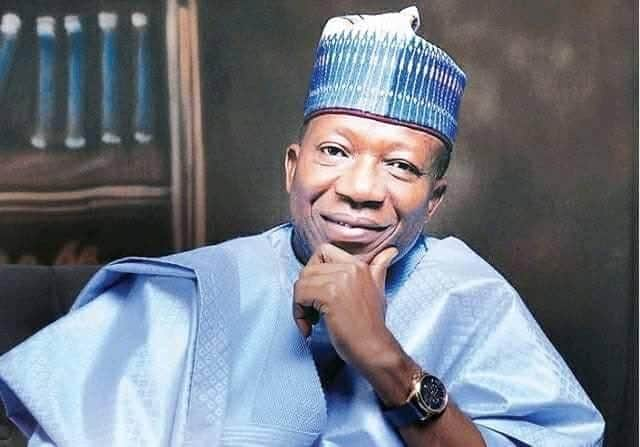Political inclusion key to sustainable democracy in Nigeria – Prof. Sulaiman
The Director General of NILDS and a former Minister of National Planning, Prof. Abubakar O. Sulaiman, has said Nigeria must imbibe the culture of political inclusion to sustain and deepen democracy in the country. He spoke during the public presentation of a research report on inclusive practices of political parties in Nigeria organised by the […]

The Director General of NILDS and a former Minister of National Planning, Prof. Abubakar O. Sulaiman, has said Nigeria must imbibe the culture of political inclusion to sustain and deepen democracy in the country.
He spoke during the public presentation of a research report on inclusive practices of political parties in Nigeria organised by the Institute for Legislative and Democratic Studies (NILDS) in conjunction with the Westminster Foundation for Democracy (WFD) on Thursday in Abuja.
Sulaiman identified fake news, ethnic and religious sentiments, upsurge in politics of bitterness and animosity as threats to the country’s democracy.
He said some perennial challenges to the country’s democracy have continued to manifest, casting a dark shadow over the significant achievements in the last two decades.
Fugees rapper, Pras, found guilty of political conspiracy
Give Tinubu breathing space, supporters urge lobbyists
He said, “An essential requirement for sustainable democracy is political inclusion, especially for minorities and marginalised groups. Indeed, the very notion of democratic governance is premised on the notion of equal participation by all citizens.
“Therefore, women, young people, and people with disabilities need equal and meaningful participation and representation in all facets of the electoral process. Women and youth constitute more than half of Nigeria’s population, yet their participation in governance processes – where decisions are made – remains peripheral.”
Meanwhile, the National Organising Secretary of the Social Democratic Party (SDP), Joseph Achile Abu, who spoke on behalf of all the political parties in the country, said despite efforts to accommodate the youths, women, and People With Disabilities through little or no charges for expression of interest and nomination forms, their level of participation in the electoral process has been low.
